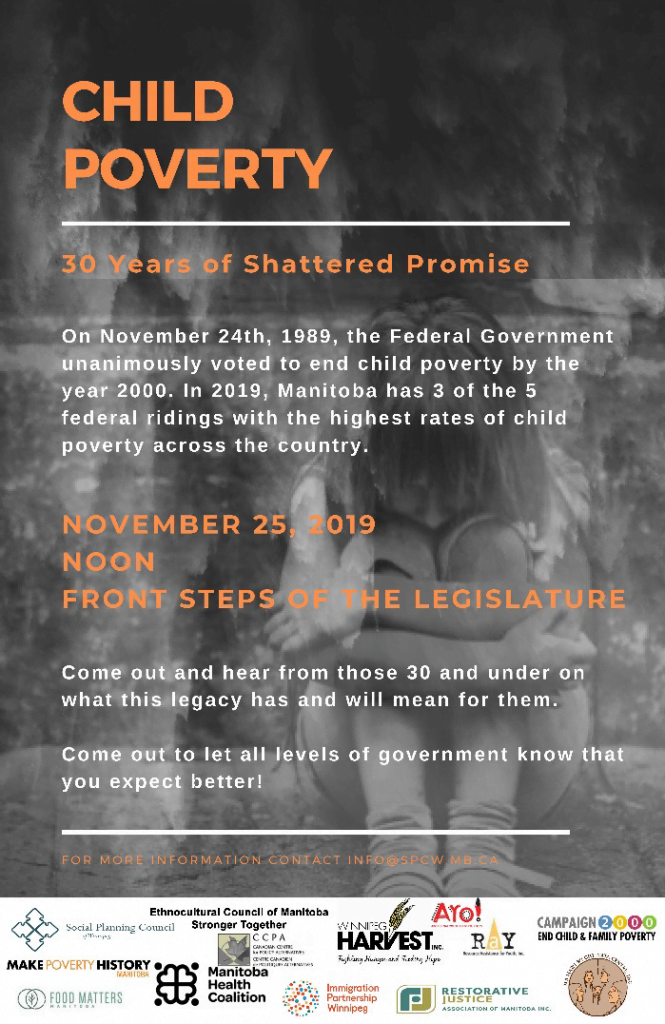Food program is welcome
Campaign 2000: End Child and Family Poverty welcomes the federal government’s April 1 announcement of the National School Food Program. Children in Canada will now have access to an important safety net to mitigate hunger at school.
The federal government’s investment in the National School Food Program demonstrates its commitment to the well-being of Canada’s children and youth.
And while Campaign 2000 commends the federal government for launching this program, the coalition is calling for further investment in income security measures, like the Canada Child Benefit (CCB), to adequately address the crisis that is food insecurity in Canada.
“When it comes to food insecurity, solutions like community food programs can only do a part of the job. To be successful, they must be coupled with strategies to address inadequate or insecure income,” said Chris Brillinger, Executive Director of Family Service Toronto. “The launch of a national school food program is a good policy decision that will take some pressure off household budgets, but without increases to income supports like the CCB, we are not fully addressing childhood food insecurity.”
Read the full C2000 Media Release

